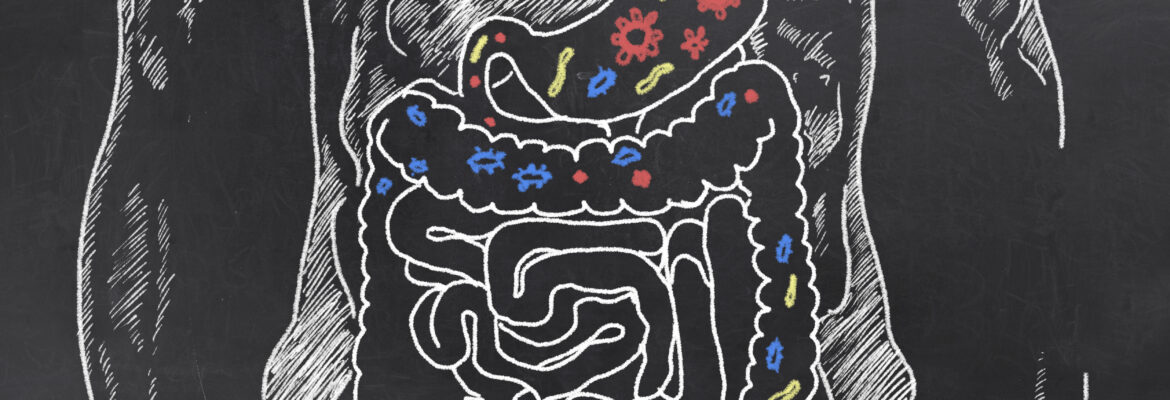We’re approaching the end of our 50 hour journey folks. Last stop before the S-bend. All aboard!
The large intestine (LI) or colon, is much smaller in length than the small intestine (SI), measuring roughly 1.5 metres. It gets its name from its width, about 10cm.
Once food gets to the LI, it moves at a snails pace and hangs around for about 16 hours. What wasn’t digested in the SI happens here. For example, calcium is digested in the LI. It also helps you with an extra serving of:
- Vitamin K – helps the blood to clot
- Vitamin B12 – strengthens your nerves
- Vitamin B1 – makes you smarter
- Vitamin B2 – helps prevent migraines
Compared to the SI, the colon is teeming with microbial activity. If you were to take a teaspoon of juices from there, you would find approximately…wait for it….500 BILLION CELLS (I feel like Austin Powers)! with close to 1000 species of bacteria.
Sad note:
We Westerners, with our processed diets and sterilised homes, are losing species variety in our bodies. For example, the average Westerner has around 1200 varieties of microbes living in and on them. Compare that with those living in more traditional societies – around 1600!
Our current diet is starving our gut bacteria because we don’t provide them with enough good quality leftovers to feed on.
I think you can guess by now what you should be doing on a daily basis (at least). It’s a…
POO
Fascinating stools:
- Poo is 75% water.
- During the whole digestive process, close to 10 litres of water are reabsorbed.
- 1/3 of the solid components are made-up of bacteria.
- 1/3 insoluble fibre – the more fruit and veges you eat the more poo you do, from 100-200gms – 500gms (that’s a good thing – we all know that head clearing, satisfying, oh my goodness it’s going to be a good day poo!).
- 1/3 mixed bag – this is the leftovers of medicines, food colourings and cholesterol.
- Colour – should be browny-yellowish (not too yellow). The colour comes from the 2.4 million red blood cells we break down every day (don’t worry, we make the same amount up daily).
A good poo is a very important thing. Next time you ‘drop the kids off at the pool’, turn around at take a good look. Compare it with the Bristol stool chart. Aim to be type 3 or 4.
Next up:Tips on how to improve your motions.


